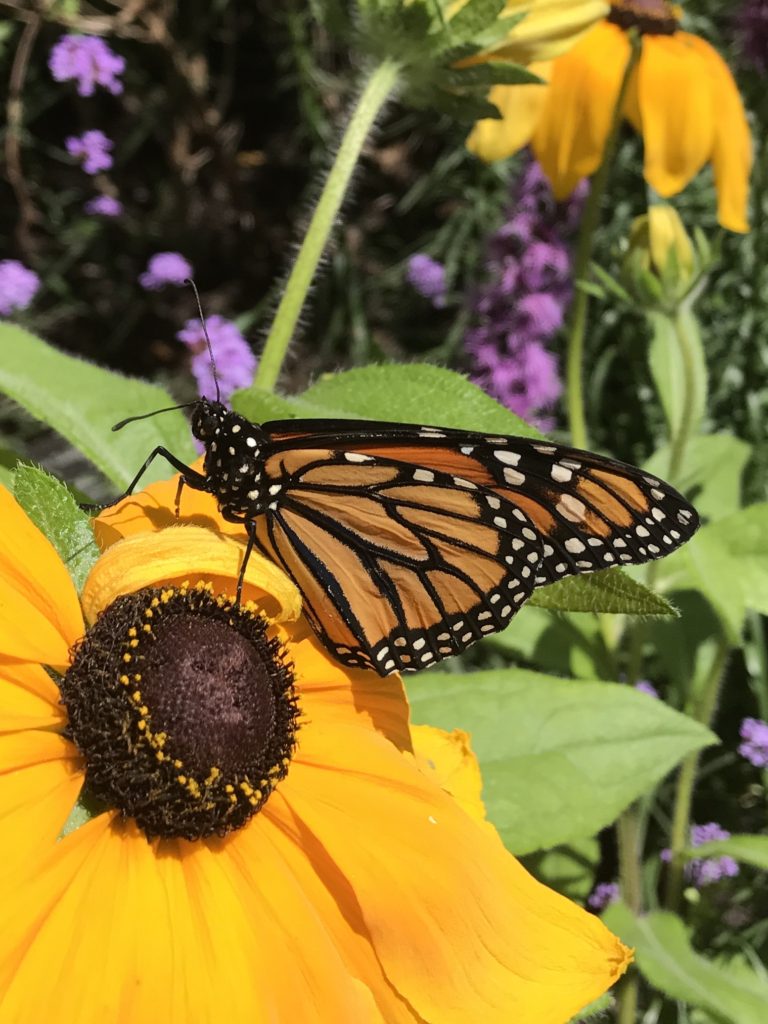
“In the past, jobs were about muscles, now they’re about brains, but in the future, they’ll be about the heart.”
Minouche Shafik, director of the London School of Economics
Asking, ‘What am I Grateful For?’ stokes this heartful muscle in our brains. Gratitude is a powerful muscle, and flexing it activates neuroplasticity–your brain’s ability to learn and grow. Physiologically, gratitude actually expands our peripheral vision, boosting our ability to find solutions in unlikely places. In other words: gratitude enhances creative problem solving. A Gratitude ritual can take as little as 20 seconds a day, but just one week of a simple gratitude practice has positive residual effects on wellbeing for up to six months.
Gratitude is proven to be a significant cause of positive outcomes, and grateful people tend to be generally more successful. In fact, studies show that consistently grateful people are happier, more energetic, emotionally intelligent, forgiving, optimistic and more socially connected. They also experience better quality sleep–another crucial aspect to wellbeing. In his book, “How the New Science of Gratitude Can Make You Happier,” psychologist Robert Emmons has found that few things are as integral to our wellbeing as Gratitude.
One simple Gratitude Practice is writing down “Three Good Things” from your day. With the simple act of writing them down, gratitude becomes embodied, forging new neuropathways that shift the mind from acting on negative bias to tuning into opportunities for joy, delight and happiness. When our brains constantly scan for and focus on the positive, gratitude becomes a habit, and we profit from three of the most important tools available to us: Happiness, Gratitude and Optimism.
These positive emotions in your mind flood your brain with dopamine and serotonin, the same neurotransmitters associated with a runner’s high. This forges new neuropathways in your brain that shift the mind out of negative bias, and into tuning into opportunities for joy, delight and happiness.
According to positive psychologist and researcher, Sonja Lyubomirsky in her book the “How of Happiness,” only 10% of our Happiness Quotient is determined by our external circumstances: 50% is hereditary, and 40% is determined by intentional activity. So if you’re interested in boosting your intentional activity towards gratitude, happiness, creativity and better quality sleep, invoking a gratitude practice will drastically change your heart, your mind and your wellbeing for the better.
Check out these Tools for a Daily Dose of Gratitude : Greater Good Institute at UC Berkeley Happiness Calendar, The Science of Happiness Podcast, The Happiness Advantage: How positive Brain Fuels Success in Work and Life by Shawn Achor and The Magic, by Rhonda Byrne.